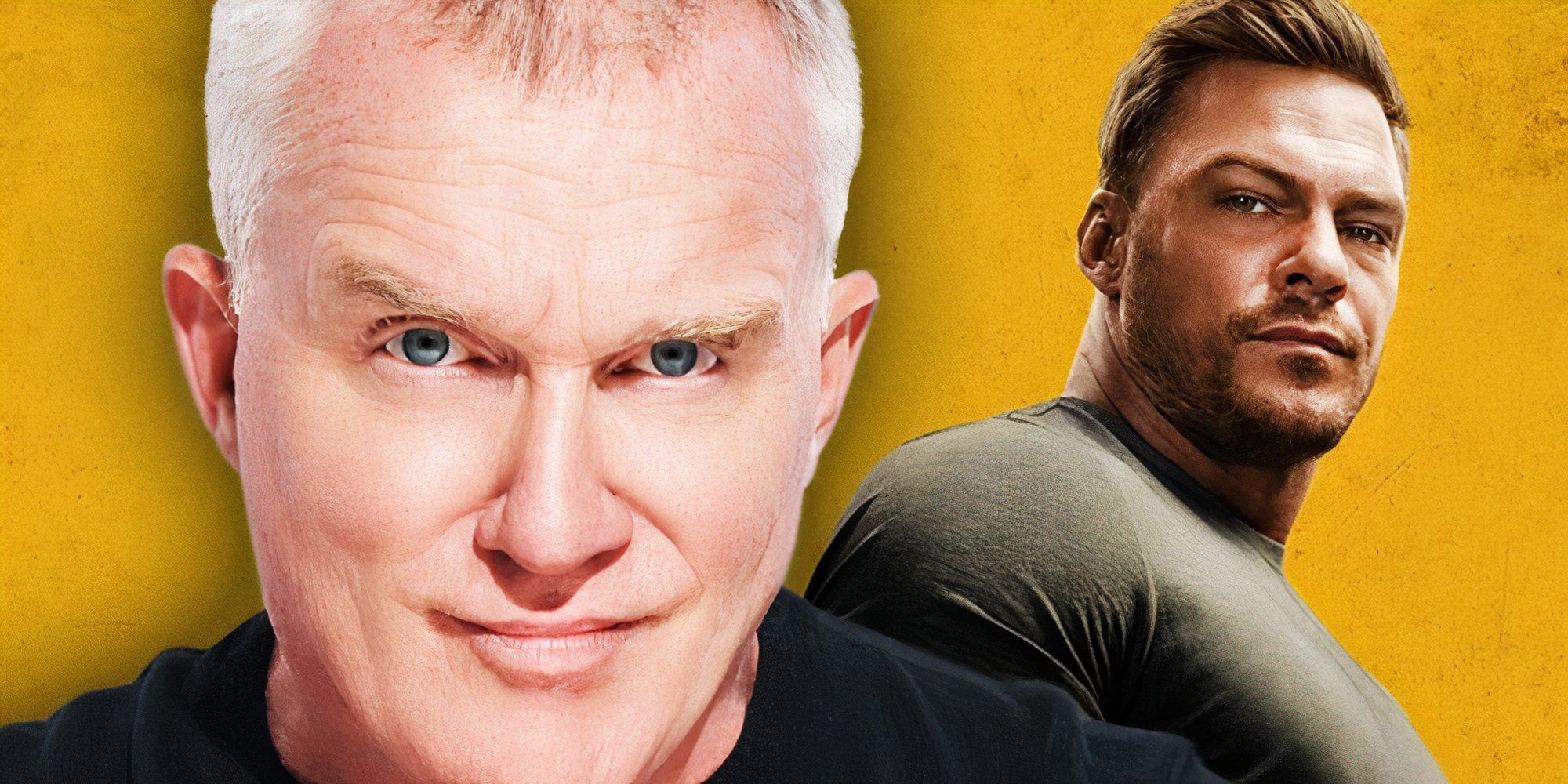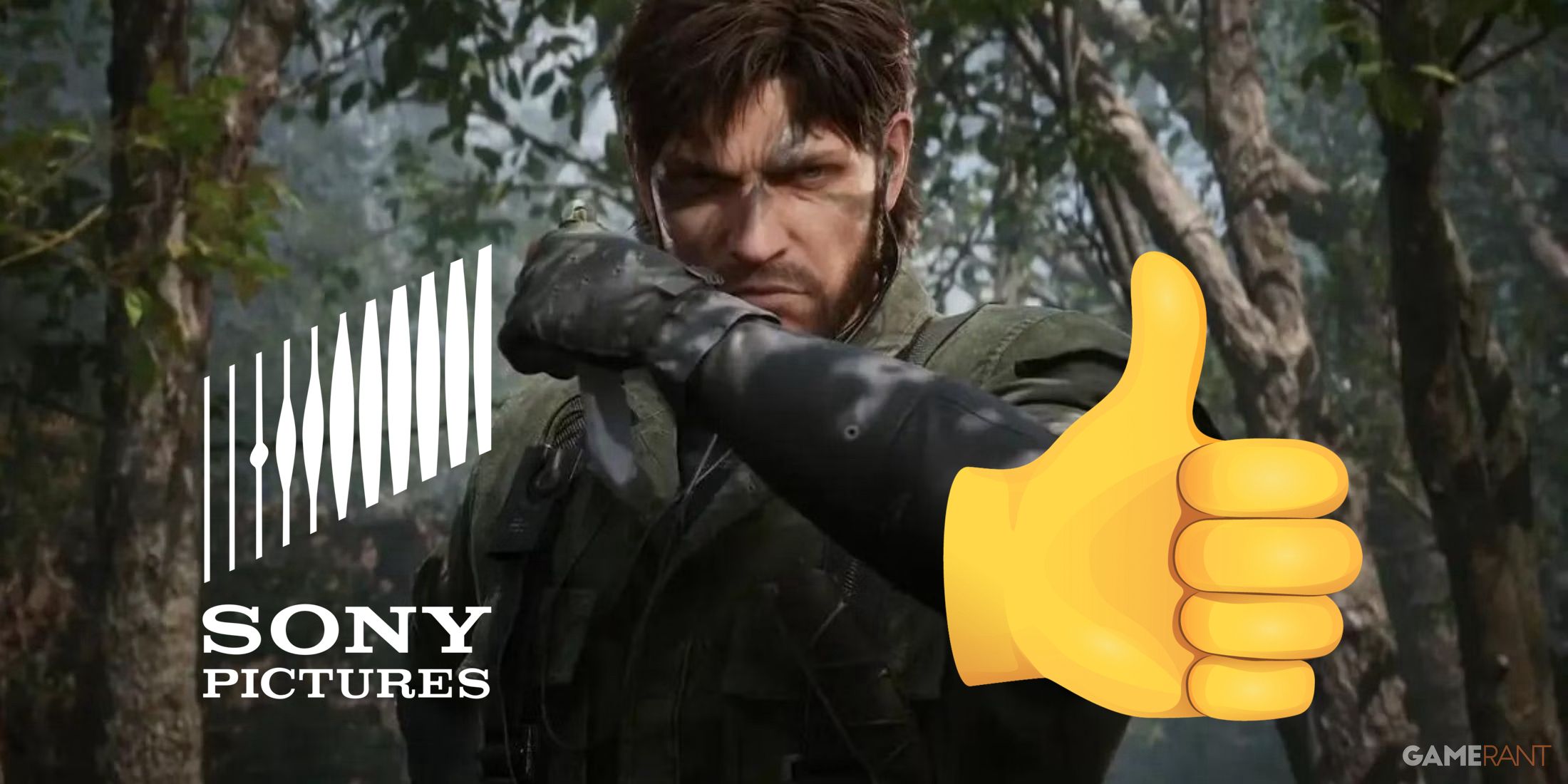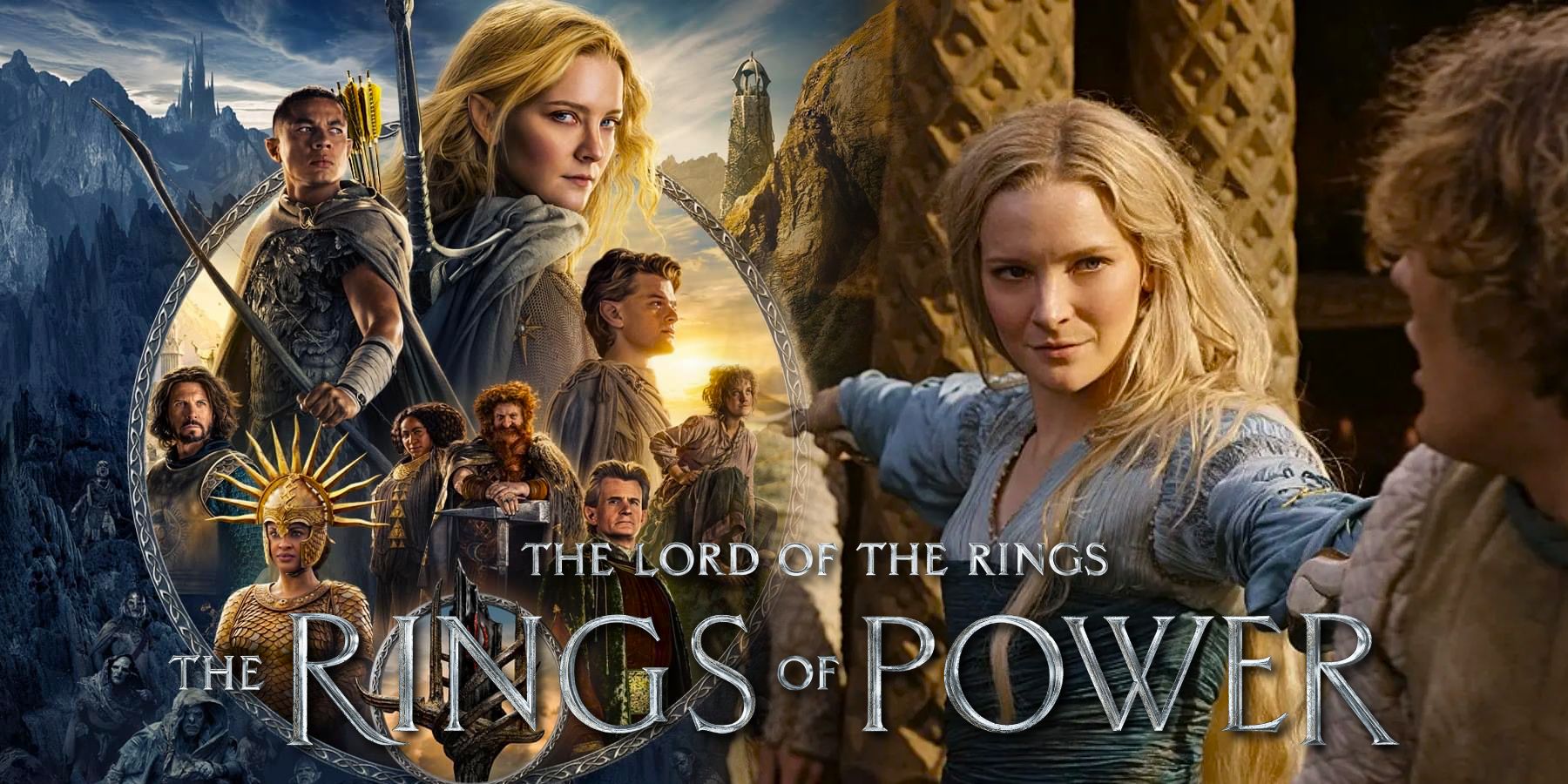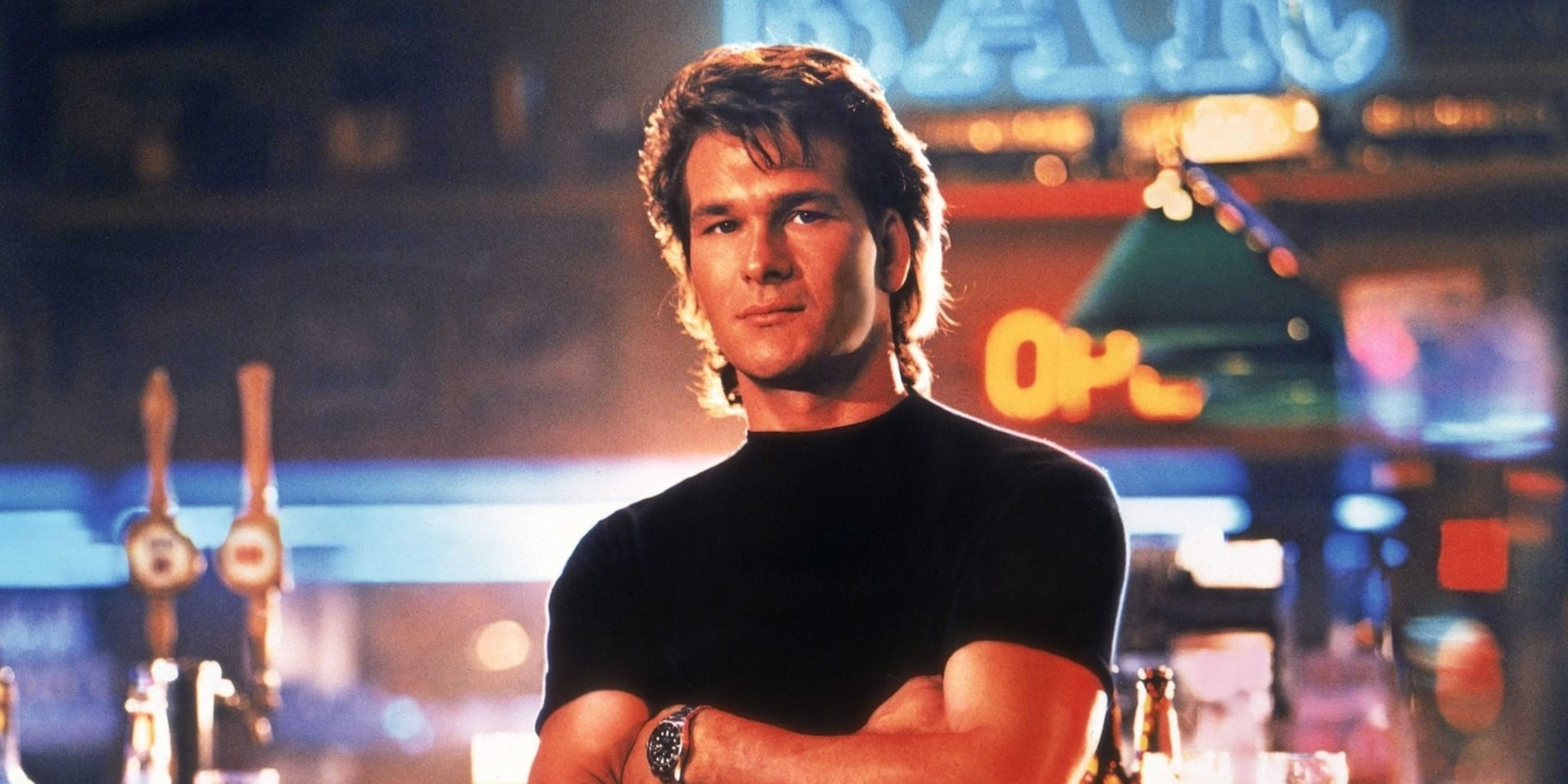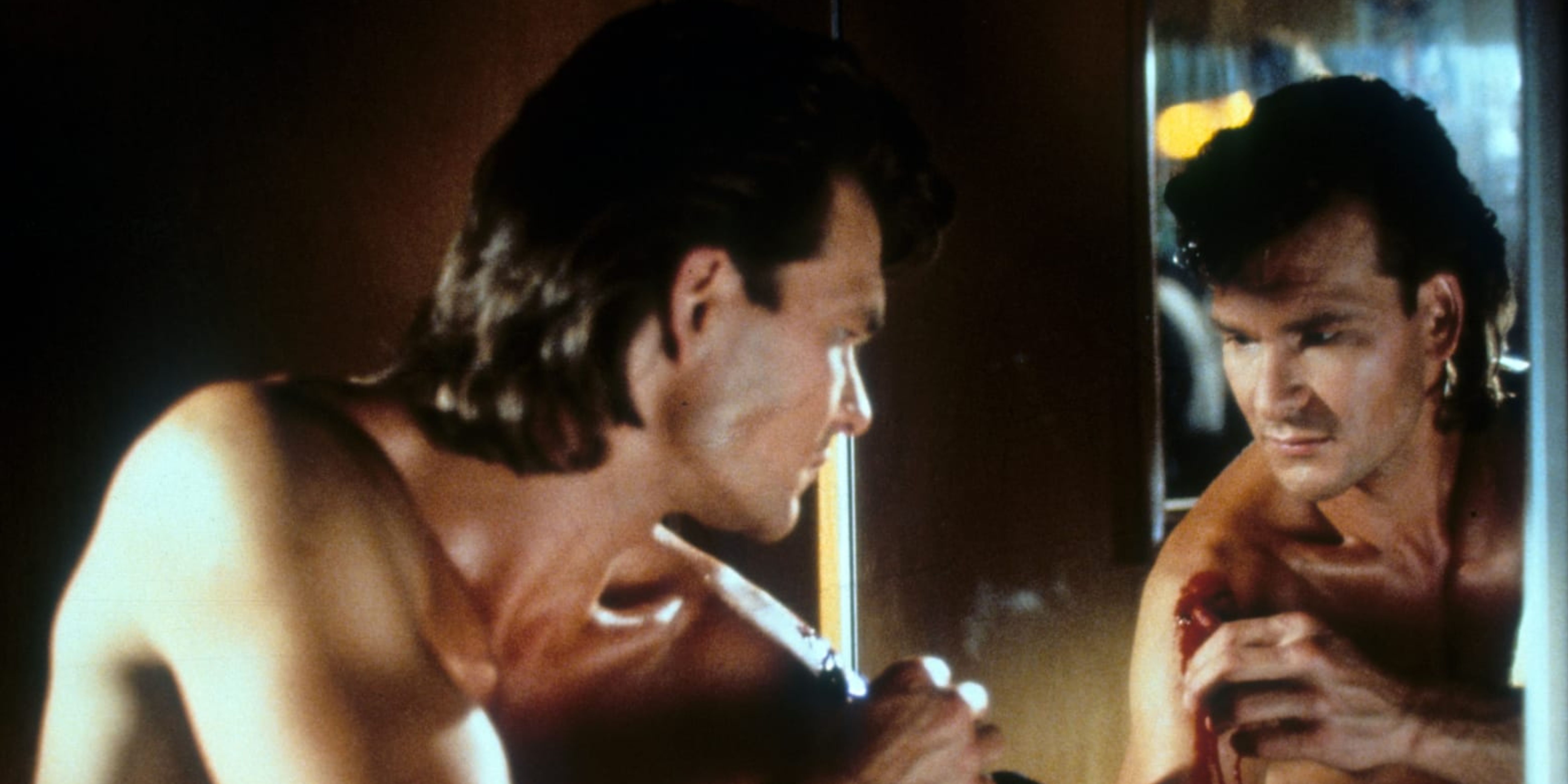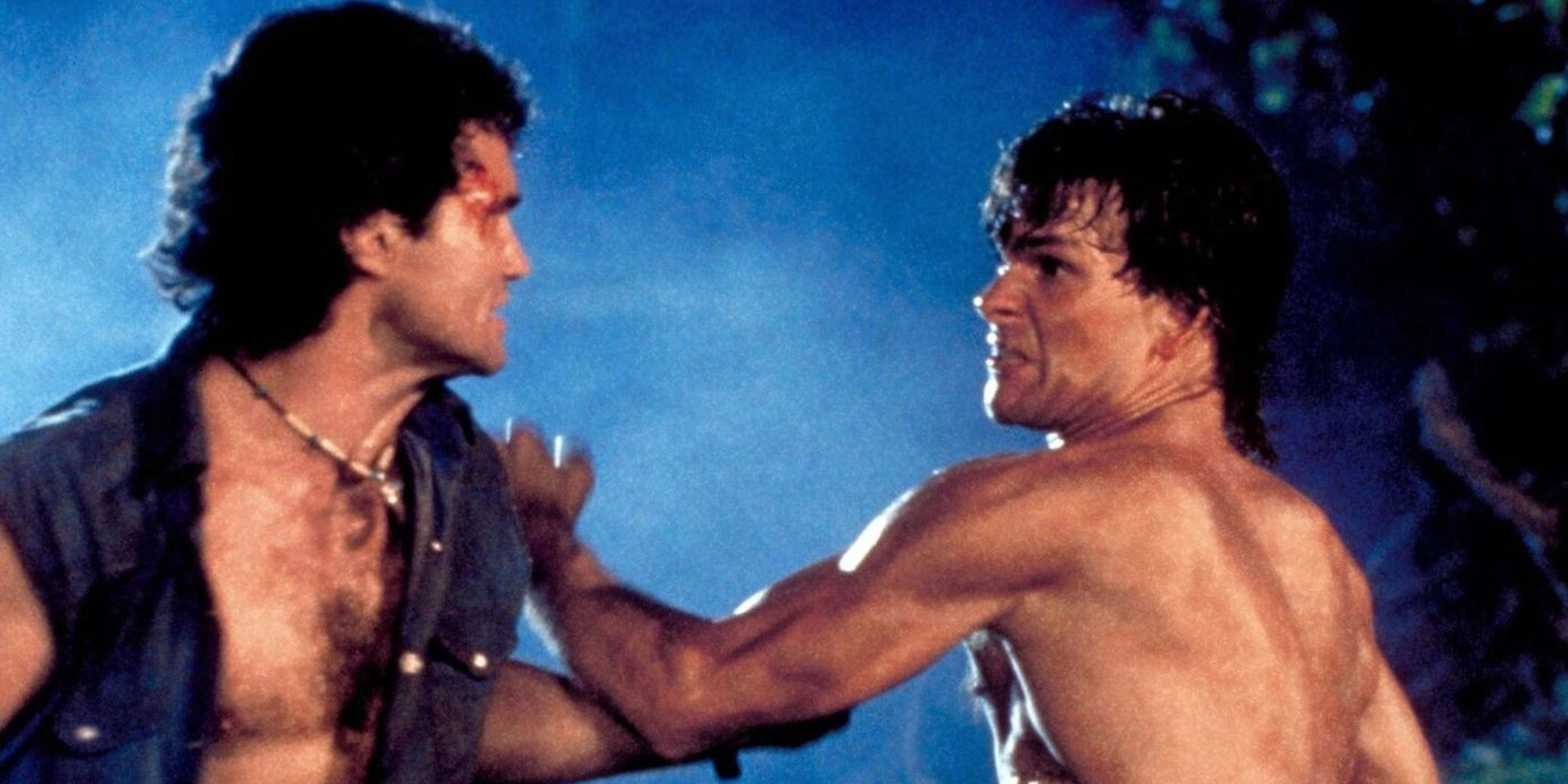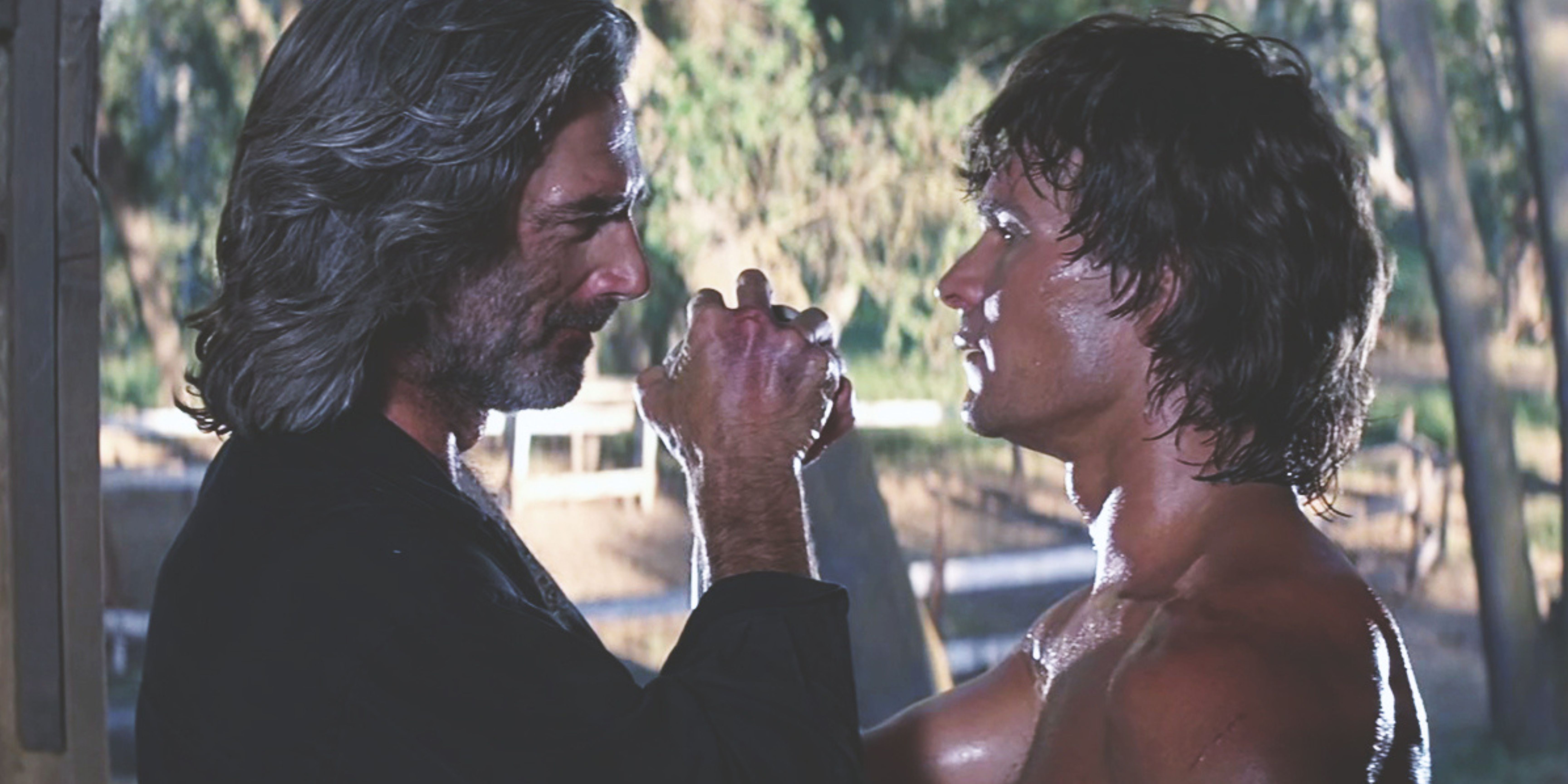When looking at films like Road House, no action film reeks of 80's nostalgia, sexuality, or the original macho character of its time. Coming out during the pinnacle of Patrick Swayze's career, whereas Dirty Dancing and Ghost had already made the star an icon, cult favorite Road House would cement the actor as a full-blown action actor. With a remake currently in the works, there is a reason the original has touched so many hearts and has remained an action classic to this day.
Looking at films like 1984's Red Dawn, it was clear even then that Swayze had the charisma for such films, something he would continue to prove with his impressive acting as Bohdi in 1991's Point Break. While critics would love him in films such as Dirty Dancing and Ghost, Road House would have a challenging time bringing critics around to the unique philosophic charms of his character while being able to look at it as more than just an action film.
While director Rowdy Herrington does a gorgeous job with fonts down to its dazzling array of fighting sequences throughout, Road House is more than its aesthetic and the stylized action imbued within its characters. From a cinematography level, Dean Cundey does a fantastic job of highlighting the agitation and charged-up emotions that come with the scene of such a climate. From the classic bar fights, one-on-one confrontations, explosions, and the vehicle stunt fantasies that feel so pure and unbridled in their delivery, one feels like they have truly stepped through time, where nightlife, neon lights, an affinity for bare flesh, and art to explosions reigned supreme.
Joel Silver would lend a hand in Road House's vision. With highly ornate action experiences such as Lethal Weapon, Predator, and Die Hard, under the producer's belt at the time, such films would play a role in Roadhouse's overall cinematic makeup. With Michael Kamen delivering a top-notch blues soundtrack by The Jeff Healy Band, Roadhouse was a film coming in at the end of one of the greatest eras of music and movies, and its resonance seeps into every frame of the film.
What makes Road House so different from many of its action competitors is its main character, and Swayze's delivery is finessed with the right amount of sentiment and physical prowess. While Dalton has a dark past, he does not live life with a chip on his shoulder. Hired to work as a bouncer at one of the most violent bars in Jasper, Missouri, called The Double Deuce, Dalton takes the opportunity to make a fresh start after killing a man by ripping his throat out. Having a Ph.D. in Philosophy and extensive knowledge of martial arts, Dalton stands out because he chooses to live life peacefully rather than use violence. Dalton, however, only resorts to violence when necessary because he is aware of how ugly the world is. Dalton serves as a metaphor for how to navigate a world rife with violence and destruction, with those responsible for it somewhere in the middle.
Road House makes it noticeably clear about what side of the line its characters stand on, even while there is no shortage of fighting present in the film. It is the main reason these scenes flow so effortlessly into one another. There is no pretense to any of these characters, even in their more tender and seductive moments. In action films where Jean Claude Van Damme made looking naked almost like an art form, Patrick Swayze has the same qualities within himself throughout this film, injecting small bits of tenderness for dramatic effect, making his fighting scenes and even the romantic ones so breathtaking to watch.
Outside of a film experience that makes bar fights, fire, and explosions look destructively poetic, we have at the heart of the film a man that is at odds with himself over a murder he did not want to commit in the first place, a theme that runs throughout the whole film. But instead of letting his past define him, he continues to use his talents for the betterment of helping others. While Road House paints a certain duality that intermingles with Dalton's personality, in the end, exists only a good person that continues to learn from the tenebrous past that tried to tie him down.
During the film, viewers see a town that is at the mercy of a money-hungry monster, Brad Wesley, and while Dalton is not one to use his brawling gifts for the unintentional wickedness that placed him in this situation once before, he wants to save a town that in many ways saved him before he realized it did. He can no longer maintain the status quo; instead, he must take decisive action to defend those who saved his life when he most needed it. When Dalton finally gets his chance to kill Wesley, he cannot bring himself to do it, showing that his past still haunts him. However, the town then comes in to aid him, and they finish him off for him. Even though there is gratuitous violence, the characters show human empathy and go above and beyond to help Dalton, repeatedly demonstrating the film's expert ability to switch between darker and lighter themes so effortlessly.
Although Road House is primarily an action movie, there is a more complex plot at work that makes it so enjoyable to watch. Road House is an action movie with a point, using each fight scene to highlight more significant plot elements. The original will always have a magical quality that can only be explained by its fantastic cast, direction, and nostalgic guise, even though the remake will undoubtedly catch the attention of current moviegoers. If the remake can capture all of this, it will not replace the original, but it will garner some respect as a remake if it does.

